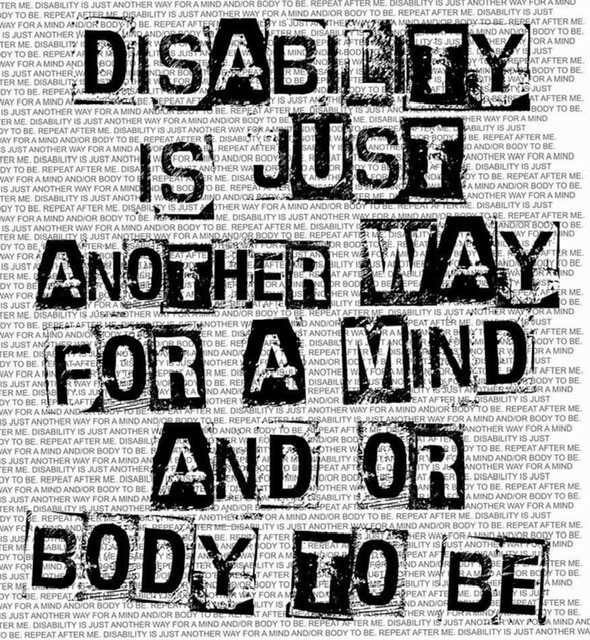
A disability is something that prevents someone from participating fully in life. Anyone at any time could develop a disability.
You can be born with a disability, or acquire one later in life through accident, illness, stress, genetics, the natural process of aging, or for no known reason.
Disabilities can impact a person’s mobility, mental processing, any or all of one’s senses, neurological processes, and more.
Disabilities can be apparent or not apparent, episodic, or chronic, temporary, or permanent.
Being mindful of non-apparent disabilities (the ones that you cannot see) is important. It is easy to subconsciously judge a person’s abilities and behaviours without understanding or knowing a person’s story.
There are many different types of disabilities, such as physical, visual, hearing, neurological, intellectual, developmental, learning disabilities, speech, mental health, chemical, facial or body differences, medical illness, and others.
No two people, even if they have the exact same diagnosis, will have the same experience, abilities, support, or finances to acquire the medical equipment needed to maximize independence.
Every person who has a disability is a person first, their body or brain just works differently from most.
A person’s disability is often not the biggest barrier. Most of the time the barriers are attitudinal (social stigma) and the built environment.
Treat everyone as you want to be treated.
If you are curious about a person, please ask the person directly that you want to know about. It is best to gain accurate information about a person before judging or assuming.
